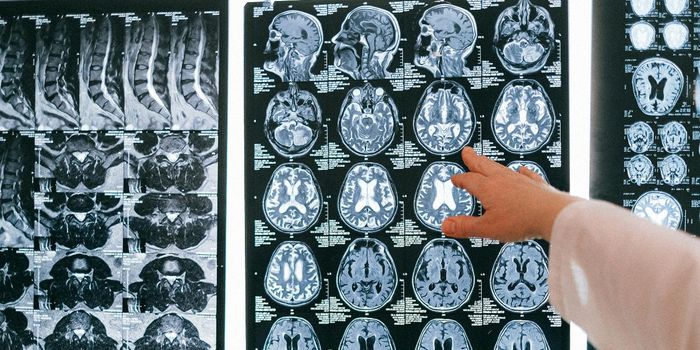A pouch-like structure inside the heart's left atrial chamber in some people may explain strokes that otherwise lack an identifiable cause, according to UC Irvine School of Medicine researchers.

Dr. Mark Fisher, a professor of neurology and pathology & laboratory medicine, and colleagues evaluated 75 stroke patients at UC Irvine Medical Center to learn whether this left atrial septal pouch could be a potent source of stroke-causing blood clots.
Of the 23 patients who had experienced a stroke of undetermined origin (a "cryptogenic" stroke), 30 percent possessed the left atrial septal pouch. It was present in only 10 percent of the 52 patients who'd had a stroke with an identifiable trigger.
Stroke is the leading cause of long-term severe disability and the fourth-most-common cause of death in the U.S. About 80 percent of the 700,000-plus strokes that occur annually in this country are due to blood clots blocking a brain artery. In up to a third of these cases, the clots' origin cannot be determined.
UC Irvine cardiologists first discovered this pouchlike structure inside the heart's left atrial chamber in a 2010 study.
"The cul-de-sac nature of this heart pouch may promote stagnation of the blood, forming clots that can travel into the brain and cause a stroke," Fisher said.
"This finding points to a potentially important cause of strokes," he added. "The presence of this pouch could change how neurologists treat these patients and lead to new therapeutic strategies for preventing strokes."
Fisher said that large-scale studies are necessary to verify the results of this study, which appears online in Frontiers in Neurology.
(Source: Science Daily)









